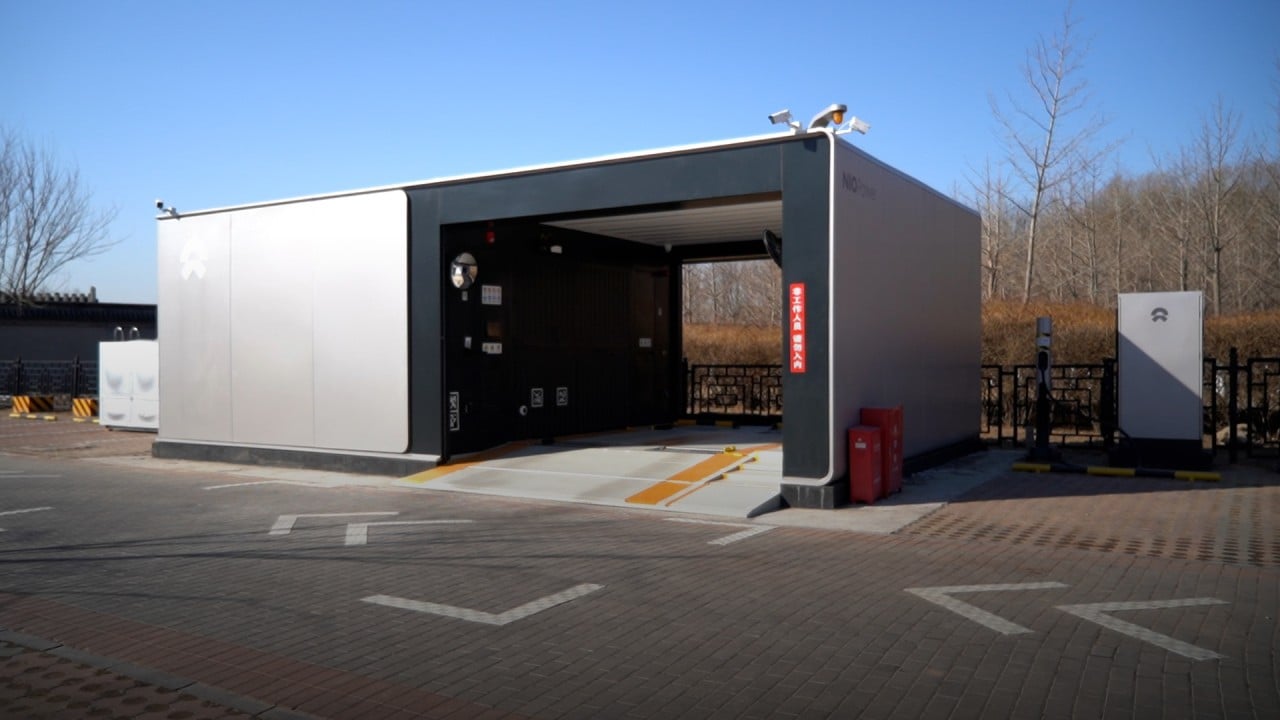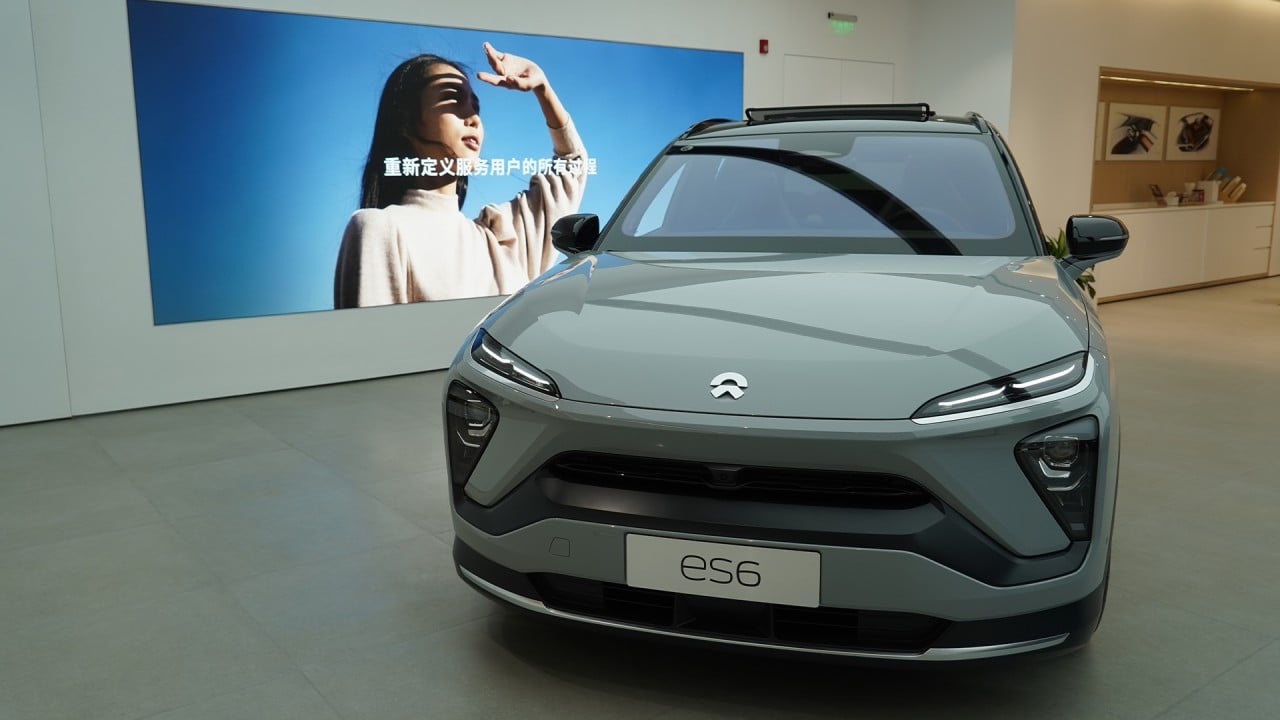
Explainer | Can Chinese EV battery makers CALB, Tianqi Lithium recharge Hong Kong’s appetite for IPOs?
- Successful listings by CALB and Tianqi Lithium will be a shot in the arm for the Hong Kong exchange in the absence of multibillion-dollar IPOs this year
- Their applications come as the price of lithium has surged over the past year amid surging EV demand
China Aviation Lithium Battery (CALB) and Tianqi Lithium, two key players in the world’s biggest electric vehicle (EV) battery market, have applied to list on the Hong Kong stock exchange with the aim of raising at least US$1 billion each. The firms are keen on expanding capacity amid a bottle neck in the global supply of lithium.
Despite lion’s share of market, Chinese EV battery makers in image struggle
Beijing has pledged to reach peak carbon dioxide emissions by 2030 and net-zero by 2060. To reach this goal, the government has implemented various policy incentives to promote the use of EVs, which propelled the country to the top of the global EV sales chart last year with 3.33 million vehicles – or half of the world total – sold.
What is CALB?
Tianqi Lithium gets the go-ahead for Hong Kong stock sale to expand
It has production bases in Changzhou, Xiamen, Chengdu, Wuhan, Hefei and Jiangmen. Last year, its net profit reached 111.5 million yuan (US$17.5 million), rebounding from a net loss of 18.3 million yuan the previous year. It plans to use the IPO net proceeds to ramp up production capacity to 25 GWh by the end of this year.
Does CALB only make lithium batteries for EVs?
No, as it produces both lithium and ternary batteries, with the latter using nickel, cobalt and manganese in the battery’s cathode rather than lithium. It also produces energy storage systems used in power plants and data centres. The company’s main customers include Leapmotor, GAC Aion and Changan NEV.
Does Tianqi focus primarily on EV batteries?
Yes, but it is also a lithium ore miner. It owns Yajiang Cuola mine in China and has a 26 per cent stake in the Greenbushes mine in Australia. It is Asia’s second-largest lithium compound producer by output.
Tianqi has been listed in Shenzhen since 2010, and its lithium mineral products are used in batteries for EVs and electronic products, and are also applied in glass, ceramics and aircraft. It supplies manufacturers of lithium-ion batteries, multinational electronics companies and glass producers.
China contributed the bulk – 84.8 per cent – of its revenue last year, with overseas sales contributing the rest. Its net profit for the nine months up to September 2021 totalled 2.3 billion yuan, reversing a net loss of 579.1 million yuan a year ago.
Santiago, Chile-based SQM, North Carolina, US-based Albemarle, Jiangxi province-based Ganfeng and Tianqi were the big four players producing almost half of the world’s refined lithium product supply in 2020, according to a report by consultancy Wood Mackenzie.
Why is Tianqi seeking a second listing in Hong Kong?
A Hong Kong listing “will help the company expand overseas financing channels, [and] further enhance its international reputation”, said Frank Ha, the company’s president. It will also “optimise its capital structure and reduce its financial expenses”.
In December 2020, its bond ratings were cut to Caa3 from Caa2 by Moody’s Investors Service, after it signed a loan extension agreement with banks. The rating implies that its bonds subject their holders to “very high credit risk”.



